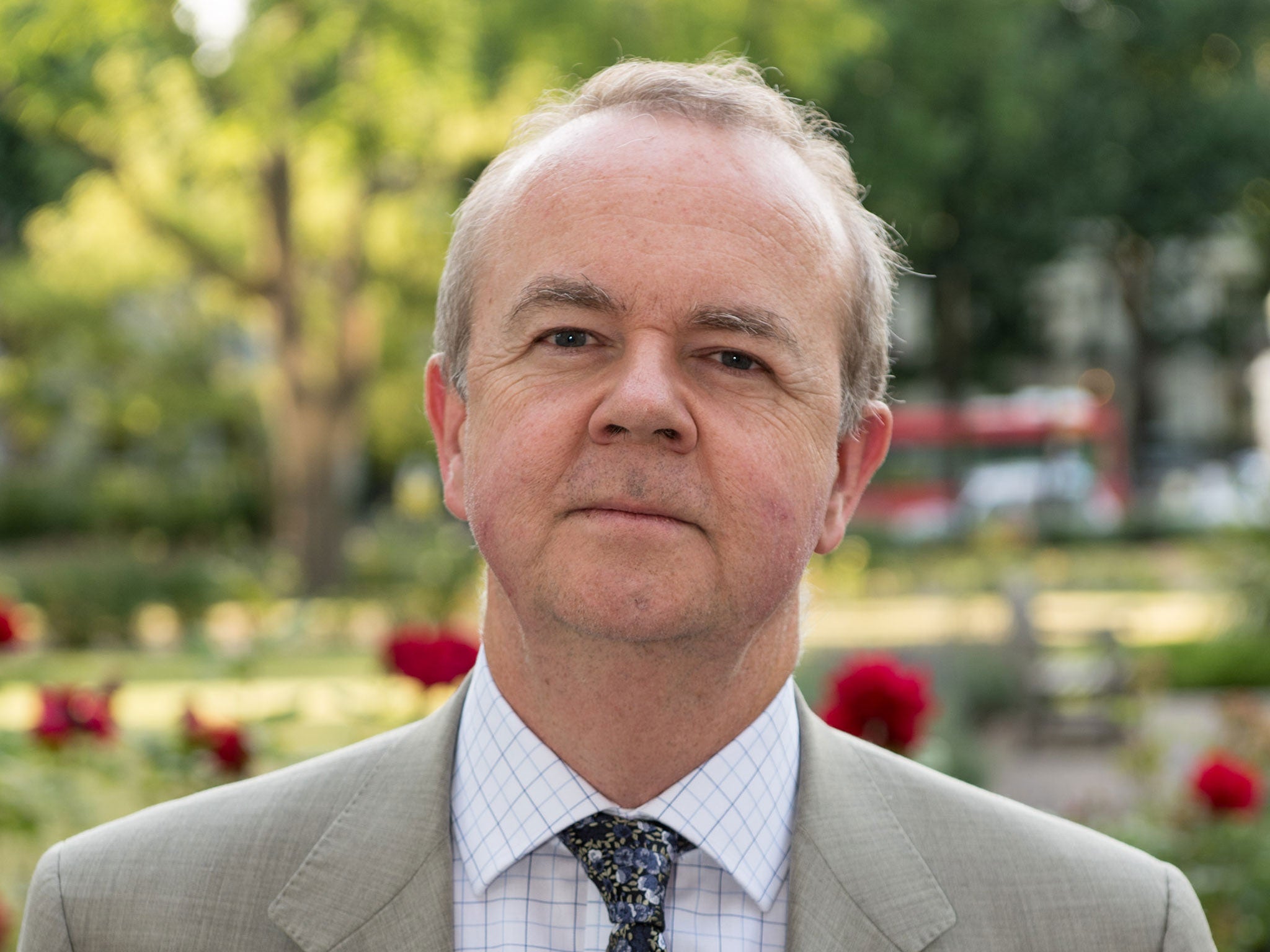Ian Hislop did not sign pro-BBC letter because he was worried about being perceived as an 'overpaid w**ker'
The Private Eye editor says he was asked to sign, but declined

Ian Hislop has revealed he chose not to sign a pro BBC letter from prominent figures because he was worried about the way he would be perceived by the public.
Daniel Craig, Dame Judy Dench, Sir David Attenborough and JK Rowling were among a number of high profile figures to sign a letter urging David Cameron to protect the BBC from being diminished or dismantled by Government reforms.
But the Private Eye editor told the Press Gazette he was asked to sign what became known as the ‘luvvies letter’ and declined.
“The BBC is a very precious organisation,” the letter published by The Telegraph in July read. “Like all organisations, it has its faults but it is overwhelmingly a creative force for good.
"Britain’s creative economy is growing and enjoying unprecedented success. The BBC is at the heart of this as the global showcase for our creative industries. The BBC is trusted and loved at home by British audiences and is the envy of the world abroad.”
When asked why he chose not to sign the letter, Hislop responded: “Had I seen my own name on the list, I would have thought: ‘You overpaid w**ker - why should I care what you say?’
“But God no – entirely inappropriate. And it does no good. I mean if there was a letter from 50 midwives saying: ‘The only thing that makes our lives bearable is watching Poldark’ – that’s a worthwhile letter. To have a letter from a load of famous people saying ‘I like the BBC and I get paid by them’, I mean, so what?”
The BBC was accused of lobbying after signatory Micheal Plain claimed he had been asked to sign it by Danny Cohen, the director of television. The Monty Python actor told BBC2’s Victoria Derbyshire show: “Danny Cohen rang me up, he just asked ‘Would you sign? The charter is coming up we’re a bit worried the BBC would become smaller and less significant.’"
A BBC spokesman said: “The BBC is able to express views on broadcasting, the broadcast industry, and on government broadcasting policy – it is also able to lobby on these issues. The editorial guidelines the committee was referring to are about BBC broadcast output – in other words its news and programme output. Clearly these are entirely separate.”
Join our commenting forum
Join thought-provoking conversations, follow other Independent readers and see their replies
Comments
Bookmark popover
Removed from bookmarks